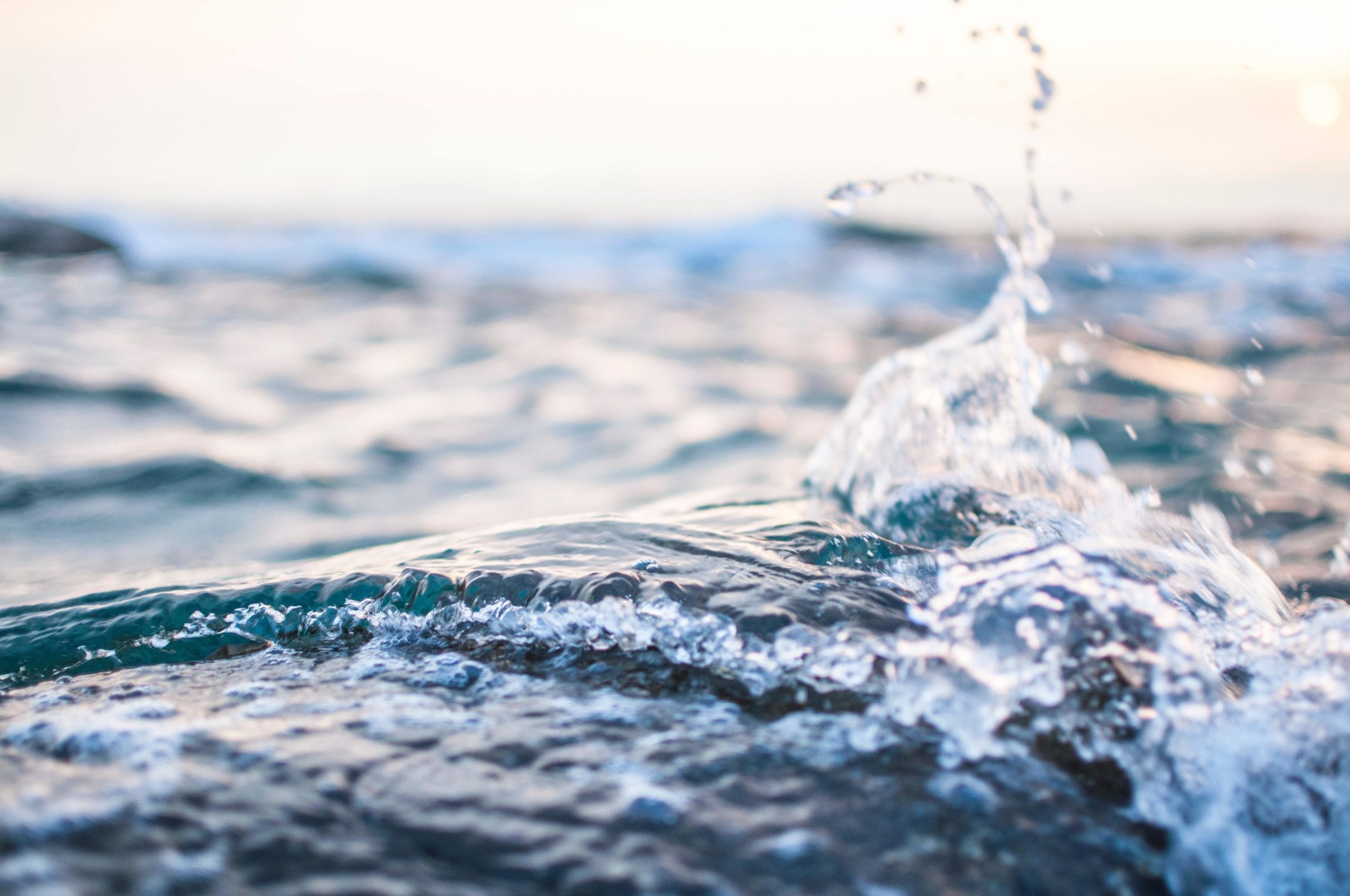Water Masterclass – reflections of a postdoc

How worried should we be?
As a postdoctoral researcher at Cranfield University, I am eligible for the training opportunities available via C-DICE. I recently attended a Water Masterclass, one of a series of 10 webinars with a net-zero focus. Led by Professor Peter Jarvis and Dr Pablo Campo Moreno, some challenges, where harmful effects of microplastics in drinking water were outlined.
From news stories, we may already be familiar with sources of microplastics in our drinking water, but I was surprised to learn that tap water is far ‘cleaner’ than bottled, with only 4000 particles each person consumes per year, compared to 90,000 in bottled water. With 367 million metric tonnes of plastics produced in 2020, and an estimated 11 billion tonnes by 2025, the issue is an important one.
This workshop pointed out several issues and impacts which researchers may not have previously considered. The large pieces of plastic degrade into microplastics and end up everywhere in our environment, including air, oceans, ice, lakes or inside living beings. For example, microplastics/fibres, which come from an insulation material manufactured for buildings to be more efficient, can be found in our drinking water, or honey in turn carried by bees. The tiny size of microplastics makes them difficult to work with, and indeed I have personal experience of microplastics used in a facial scrub having to be removed from my eye by using a professional microscope in the eye hospital.
We were reassured that more than 99.99% of microplastics can be removed from drinking water using specialist laboratory techniques and instruments. Dr Pablo Campo Moreno outlined the complex detection, removal and quality control processes involved.
For me, the workshop ended with a focus on personal accountability through consideration of choices and the footprint and impact of our research. I would highly recommend attending one of the forthcoming Water Masterclasses, running through May 2022, as an excellent professional development opportunity.
You can find out more about C-DICE training here. Events – C-DICE (dice.ac.uk)
Dr Fatma Seyma Keskin